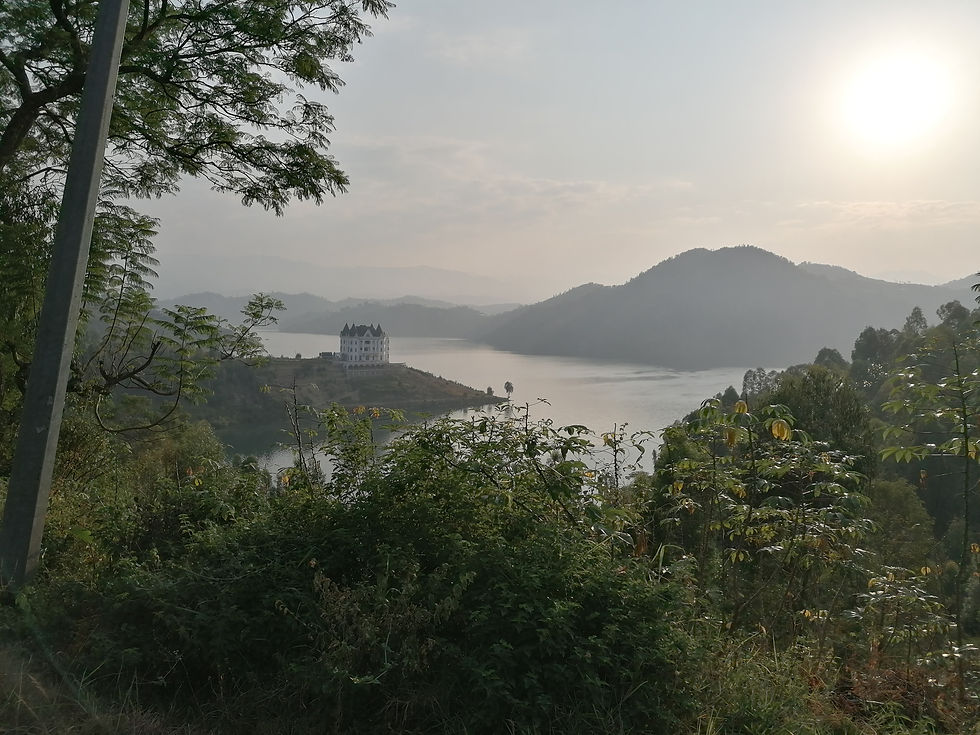2. What now?
- littledrum25
- Jun 11, 2025
- 2 min read
It turns out that my kitchen is a very cold place to work in winter. I sat at my kitchen table in layers of wool, getting up every 30 minutes or so to jump up and down, forcing the sluggish blood around my veins a little faster in the hope of warming up. But something kept me at it.
I surfed the net and found lots of useful webinars to sit through on the changing face of the development world. I found I was still linked into the VSO work site, so I did a few of the courses available in project design, project management and monitoring and evaluation. I trawled through the Rwandan gov sites for recent publications and commitments made in the Early Education and Health sectors. Every new bit of information I found added flesh to the idea and built my confidence in it. The more knowledge gained, the more it seemed like the right thing to do. I slowly started to believe it could work. Obviously it was a mad idea, but it was a very relevant mad idea.

Let me give you a few ‘facts’ about Rwanda. These were mostly picked up when I lived there or from my extensive reading on the net. They are bandied around by UNICEF, the World Bank, and the Rwandan Government.
Rwanda is a small country, roughly the size of Wales.
The 19th poorest country in the world.
The 4th most overcrowded country with a population of over 13,000,000. A figure on track to rise to 22,000,000 by 2050.
40% of the population is aged 15 or younger.
It is very hilly, most of the country is at an altitude of 1500 metres or higher.
80% of the population are farmers. Mostly subsistence farmers dependent on small holdings, with small, terraced fields. Much of the soil is poor quality because of the rain and the geography of the country.
38% children 5 and under suffer from stunting – underdevelopment due to nutritional deficiencies.
Only 3% of rural 3 year olds attend a nursery.
Only 1 in 5 families engage in ‘educational activities’ with their children.
The government has worked hard on it's education policy and 94% children enrol in primary education. However, only 76% complete it. 46% children enrol in secondary education.
In 2024, at the end of primary 3 (9 year olds) 58% children did not meet expectations in numeracy and 38% didn’t meet expectations in English.
The country operates a year repeating system and when children do not pass end of year exams they must repeat the year. Currently there are 1,000,000 children of secondary age still studying at primary level.
Teaching strategies are currently over reliant on rote learning techniques and differentiation is not well understood with teaching aimed at the more able common.
Although the country has had sustained economic growth for the previous couple of decades, the World Bank suggests that this growth is not inclusive. The benefits of growth go to educated workers and inequality in the country is worsening.
There is clearly a case for providing quality and sustained support.



Comments